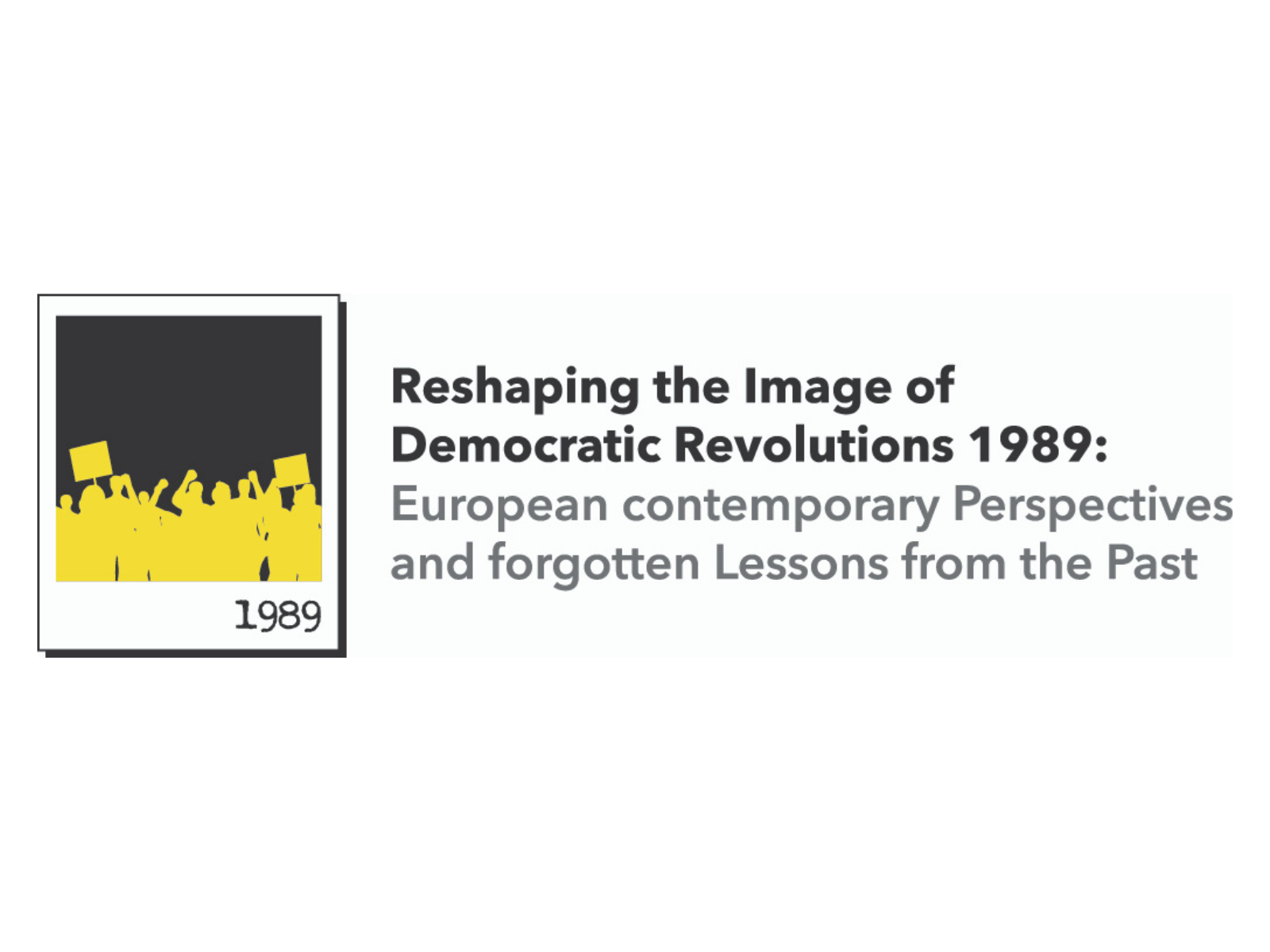Announcement of the Panel Discussion “Democratic Revolutions 1989 and contemporary Europe”

Documenta – Center for Dealing with the Past organizes a panel discussion dedicated to the 30th anniversary of democratic revolutions in Central and Eastern Europe. The panel discussion will be held on Monday, November 25, 2019, in the library "Bogdan Ogrizović" (Preradovićeva 5, Zagreb) starting at 17:00.
Speakers:
Ass. Prof. Dr. Christian Axboe Nielsen, University of Aarhus, Denmark
Dr. Annemarie Franke, European Network Remembrance and Solidarity (ENRS), Poland
Dr. Gruia Badescu, University of Konstanz, Germany
Mr. Miloš Vukanović, HIPMONT – Association of Professors of History of Montenegro
Moderator:
Dr. Boris Stamenić, DOCUMENTA – Centre for Dealing with the Past
About the Panel:
The "Fall of the Berlin Wall", that is, the collapse of the East German border regime in the city of Berlin on the night of November 9th to November 10th 1989, has become the strongest symbol of democratic revolutions in Central and Eastern Europe on the doorstep of the last decade of the 20th century. The motives of a euphoric crowd and shots of excited people crossing border crossings in a separated city present globally popular images of Europe's contemporary history. But despite the frequent reducing of change in Central and Eastern Europe to the metaphor of "The Fall of the Berlin Wall", the question is to what extent changes in other Eastern Bloc countries can be described through the East German case, i.e. as the collapse of the real-socialist regime and the victory of pro-democracy protesters.
With our guests from different European countries we would like to talk about the democratic revolutions of 1989 and the similarities and differences in the process of dissociation of real-socialist orders in Europe. In addition to the scientific perspective, we want to approach events from a personal perspective, through examples of interweaving of major historical events with family biographies of those present. We want to talk about their former and contemporary perception of events that changed European and world history.
In addition, we will talk about the legacy and meaning of democratic revolutions in 1989 for contemporary European societies. We will also pay attention to the question of what place democratic revolutions in 1989 take in the culture of remembrance of European societies and how they are broached by different political actors. Is there a social and political consensus on the positive validation of democratic revolutions and democracy as a political and value system? What is the social impact of modern populist movements that are mobilising voters with promises to return to a supposedly better past? Is there a potenial risk of collapsing achieved democratic standards in Europe?
The forum is being held as part of the project "Reshaping the Image of democratic Revolutions 1989: European contemporary Perspectives and forgotten Lessons from the Past" coordinated by Documenta - Center for Dealing with the Past and funded by the European Union as part of the "Europe for Citizens" programme, strand “European Remembrance”.
The Croatian-English simultaneous translation of the presentation will be provided. Those interested in attending the panel discussion are kindly asked to come to the library and reading room "Bogdan Ogrizović" a few minutes before 17:00.
